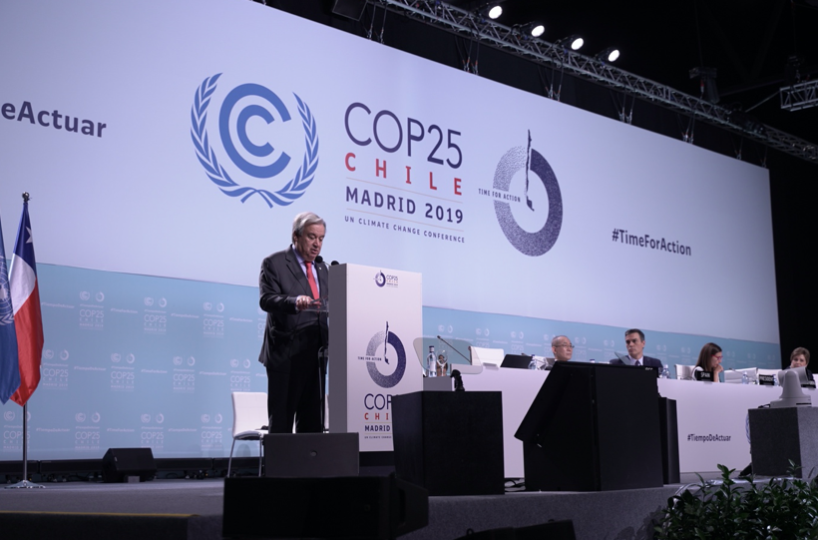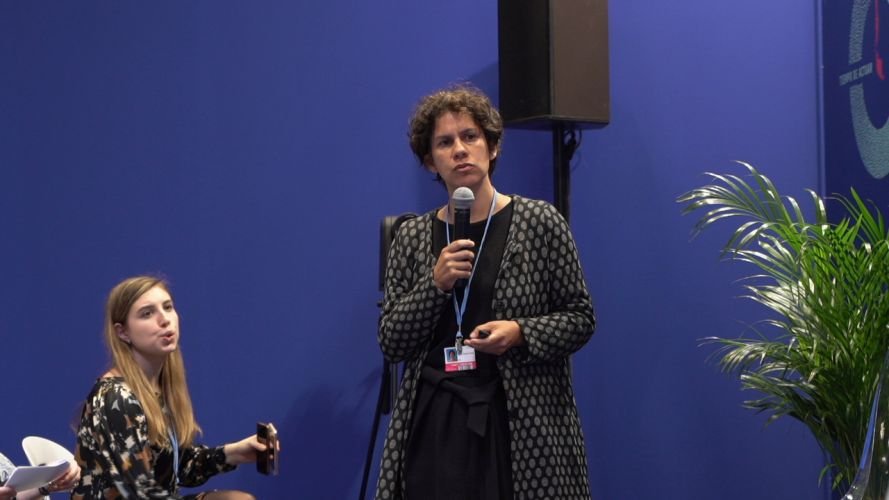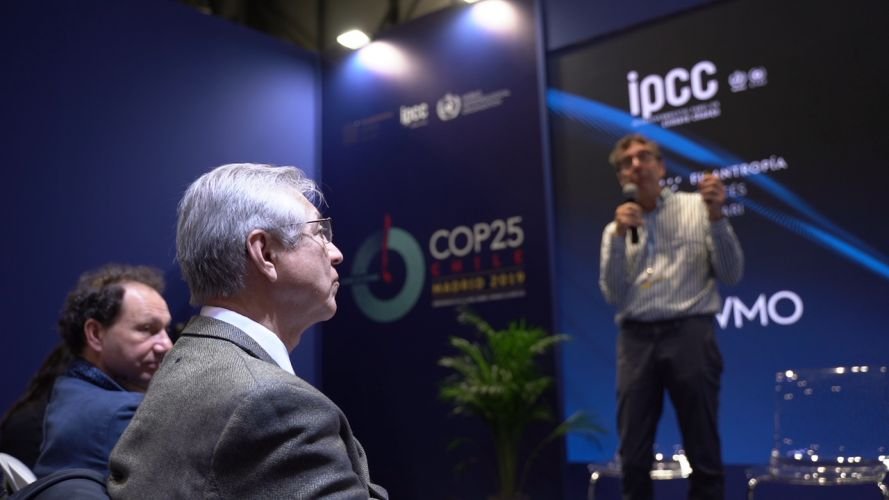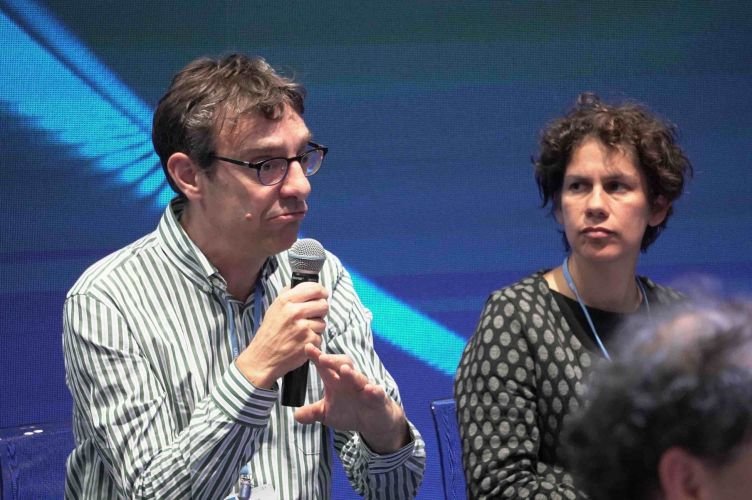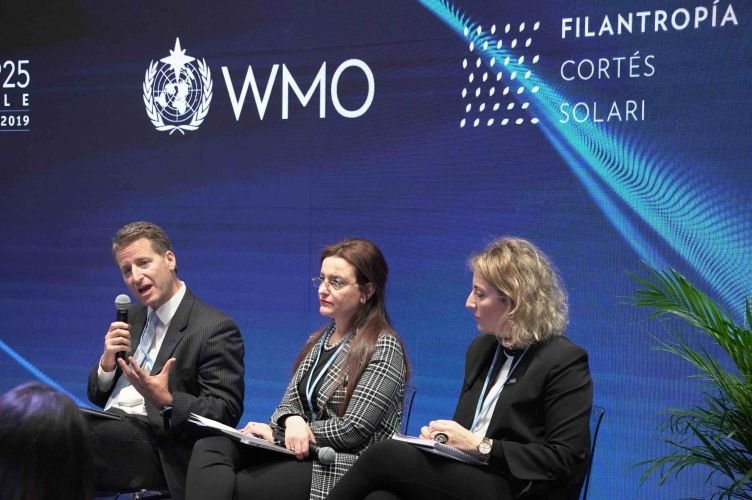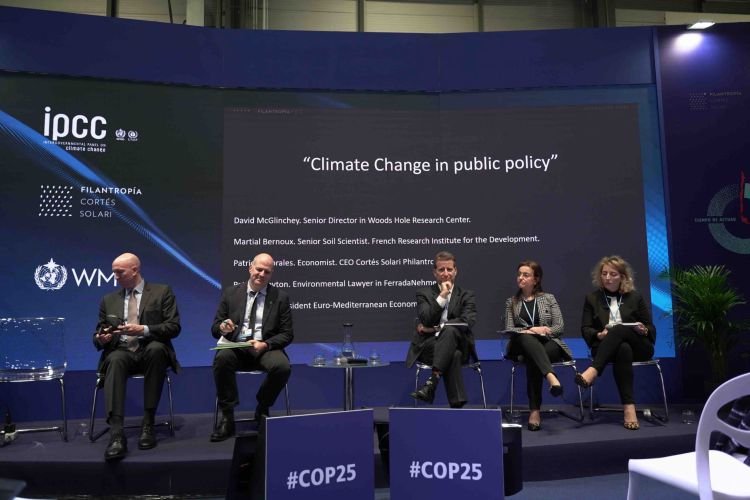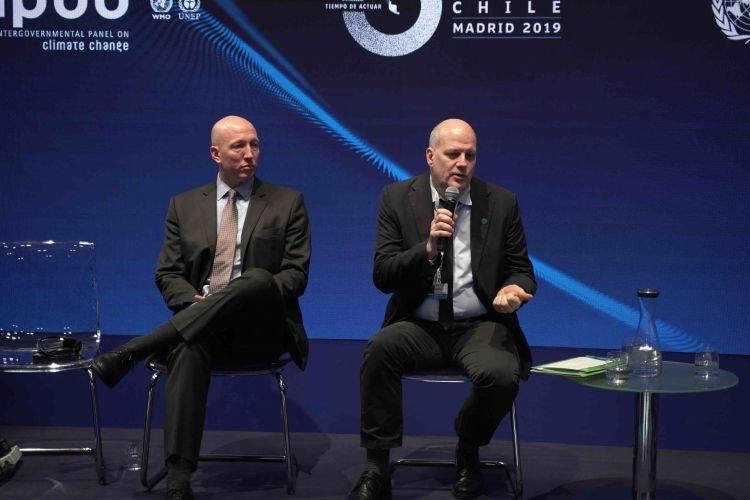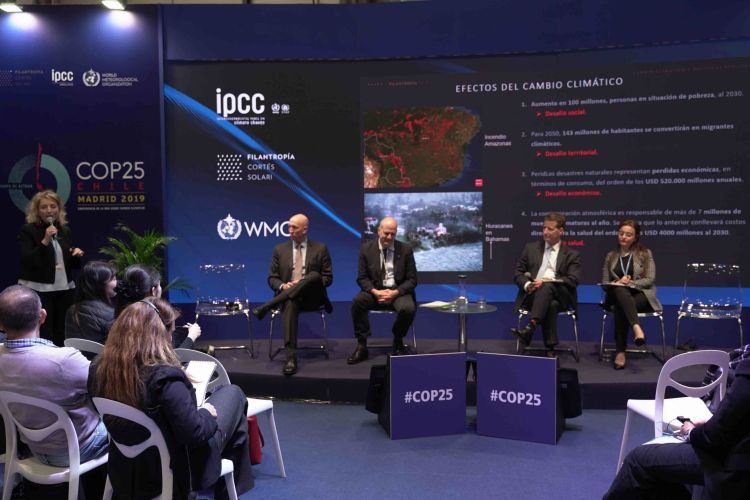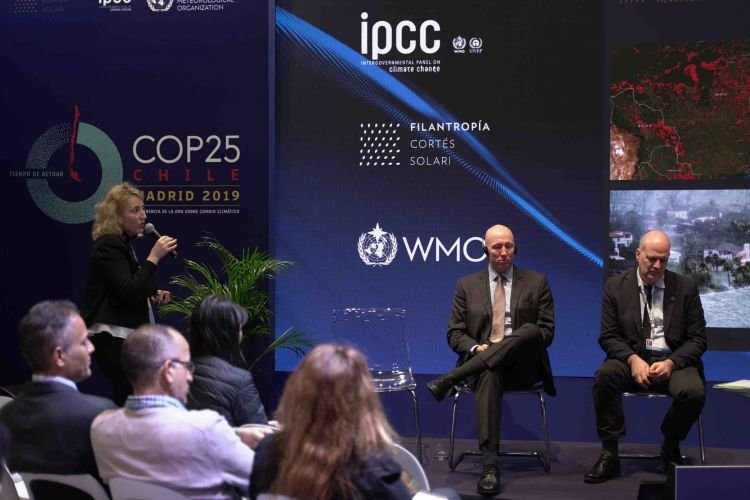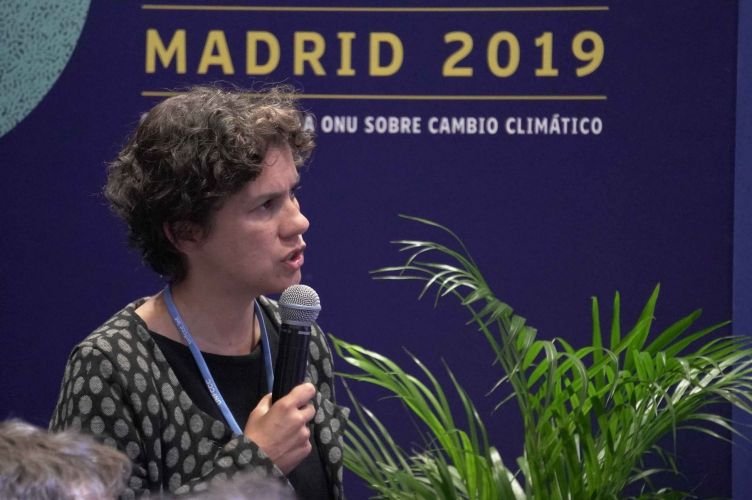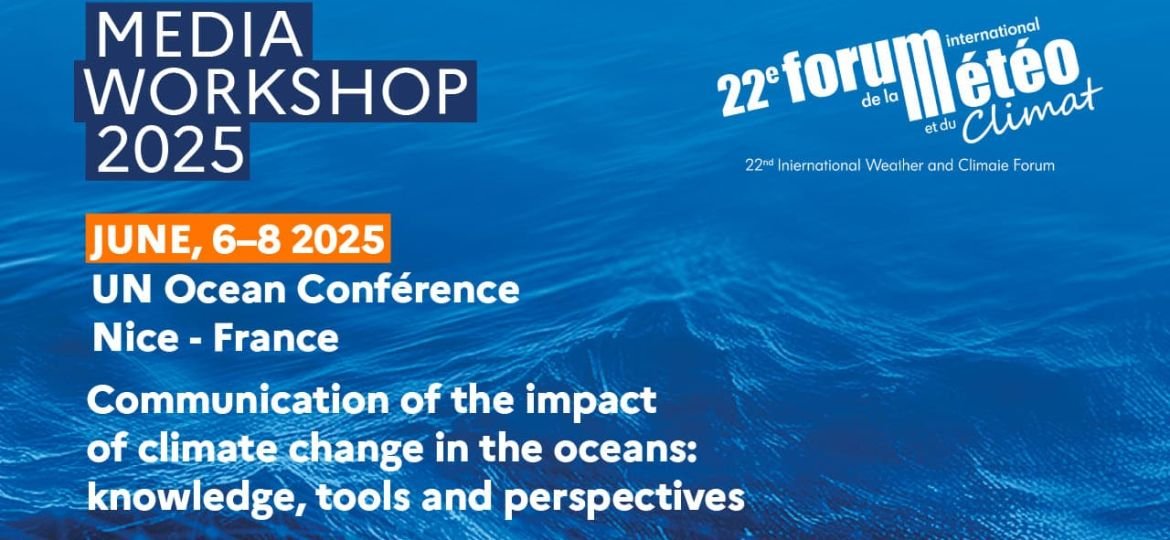Madrid (Spain) is playing host to the 25th edition of the Conference of the Parties (COP25), the annual summit that serves as the main decision-making forum for the United Nations Framework Convention on Climate Change (UNFCCC). This is one of the most important international gatherings regarding the climate crisis currently facing humanity; a crisis that according to experts requires immediate action from governments, public and private businesses, institutions and civil society.
Despite the decision to step down from hosting the summit in the context of the mass protests throughout the country, Chile’s commitment to sustainability remains unshaken, and Minister for the Environment Carolina Schmidt has been chosen to represent her country at the event which will run from 2nd to 13th December. Minister for Science, Technology, Knowledge and Innovation, Andrés Couve, was also present, as President Sebastián Piñera’s government is focused on resolving local issues.
The Filantropía Cortés Solari (FCS) group, through Fundación MERI and its three branches (scientific research, environmental education and grassroots community projects), has joined the summit as part of the IPCC (Intergovernmental Panel on Climate Change) and WMO (World Meteorological Organization) scientific pavilion, where it will host several discussions on sustainable development and environmental best practices.
Over 25,000 representatives from 200 countries have come together to establish agreements and commitments to tackle the growing climate crisis affecting our planet. The slogan chosen by the summit leaders is “Time for Action”, with a view to encouraging international authorities to take bold steps forward in their negotiation of climate change solutions. With each passing day, there is less time left to reach the goals established in the Paris Agreement, and all the evidence indicates that, just four years after the pact was signed, the steps being taken are insufficient.
This year’s summit is especially important, given the fact that it represents the last meeting before the Paris Agreement, the most significant and binding worldwide climate pact in history, comes into force in 2020. The fundamental goal of the Agreement is to ensure that global temperatures in 2100 are no more than 2°C higher than their pre-industrial levels, although efforts must be made to hit an even lower target of 1.5°C.
Among the challenges facing delegates at the summit are carbon markets, contributions to the Green Climate Fund (an organization that covers damages and compensation to developing countries affected by extreme climatic events or as they transition towards a new energy model) and the next steps that must be taken after 2020.


